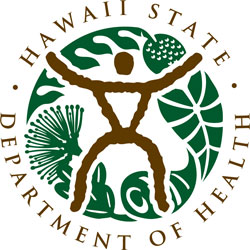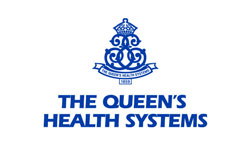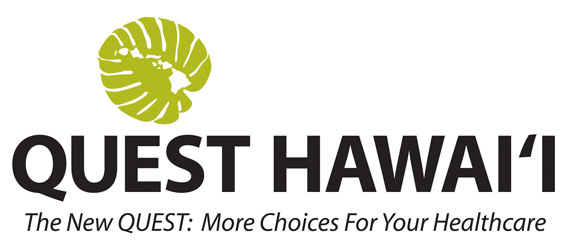Our vision is for the people of Hawaii with serious illnesses to have access to high-quality, team-based, person-centered palliative care, in the setting they prefer.
News Release – May 2, 2024
Hui Pohala Receives $3.6 Million Grant from the State of Hawai`i Department of Human Services Med-QUEST Division to Expand Palliative Care in the Community
Honolulu, Hawai‘i — When someone learns that they have a serious illness, it can be devastating. It is even more distressing if finding access to appropriate care is an issue. Even medical professionals may face challenges in identifying and referring patients to specialists who can alleviate the severity of their symptoms.
The $3.6 million grant from the State of Hawai‘i Department of Human Services (DHS), Med-QUEST Division, will provide Hui Pohala with the tools and resources to tackle those challenges and make palliative care more accessible for vulnerable populations. The grant is composed of both state, and federal American Rescue Plan Act funds.
“We are pleased to announce our commitment to expanding training resources and equipping a wider audience with essential tools aimed at enhancing comprehension and implementation of palliative care,” said Judy Mohr Peterson, Med-QUEST administrator. “With a longstanding dedication to this field, we look forward to collaborating with Hui Pohala in advancing this critical initiative.”
“We are so grateful that DHS/Med-QUEST has given us this opportunity to lead this game-changing initiative,” said Rae Seitz, MD, chief executive officer of Hui Pohala, who has decadesof experience serving in both provider and payer (health insurance) roles with HMSA and Kaiser Permanente Hawai‘i.
“Palliative care helps patients better cope with a serious illness and greatly improves their quality of life and health outcomes,” Dr. Seitz said. “Palliative care currently is under-utilized and not well understood. Hui Pohala wants to change this by equipping physicians and other healthcare professionals so patients and family caregivers can easily access palliative care.”
Hui Pohala will be working on a number of initiatives to improve access to high-quality palliative care outside of hospitals and document the effectiveness of this care with quality metrics so people with serious illnesses can remain in their homes and communities safely and appropriately. These initiatives include developing resources for patients and their families to manage care at home and training to upskill healthcare providers, particularly in rural or underserved communities where it is difficult to access timely, appropriate care. Training, tools, and resources will be made available at no cost to organizations and individuals caring for those with serious illnesses.
Hui Pohala is supporting the development of pilot programs to recruit and retain nurses for home and community-based palliative care and will lead the creation of a centralized resource hub for information, training, and resources regarding palliative care that will be available to providers, healthcare professionals, patients, and caregivers in Hawai‘i and the Pacific Islands. Hui Pohala is continuing to deepen the community’s understanding of the persistent gaps and challenges that prevent healthcare professionals and caregivers from providing the best care possible throughout the state and activating recommendations with the highest value.
“Clinicians and others on the frontlines of patient care readily see the weak links in our healthcare system. We’re excited to work on multiple solutions to fill the gaps,” Dr. Seitz said. “In addition to providing training for doctors, nurse practitioners, registered nurses, and others, we’re thinking outside the box and believe community health workers, healthcare navigators, emergency medical technicians, government agencies, home health agencies, federally qualified health centers, and others are key to reaching more Hawai‘i families and making palliative care more accessible.”
Dr. Seitz noted that in addition to making palliative care more accessible, one of the goals of the grant is to explore the possibility of home and community-based palliative care becoming a covered benefit in health plans.


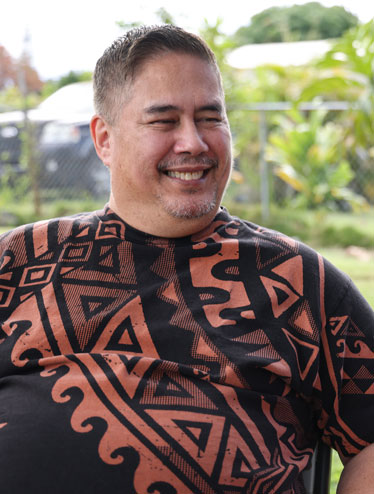

Palliative care is a win-win-win-win
Expanding access to palliative care benefits all parts of the healthcare system
People living with serious illness
People living with serious illness are better able to manage physical and emotional symptoms and have peace of mind that their care is consistent with what matters most.
Families and caregivers
Families and caregivers feel supported and better equipped to help their loved ones.
Clinicians
Clinicians experience greater professional satisfaction and less burnout.
Health systems
Health systems benefit from better quality care at a greater value and an expert, stable and resilient clinician workforce.
Source: Center to Advance Palliative Care (www.capc.org)
“The palliative team was so wonderful. The beauty of it was that prior to the supportive care team coming on board, my mom was constantly in the ER for one reason or another. Once they were on board, she did not have any more trips to the emergency room. She didn’t need to go anywhere. It could all be brought to her. And that just made all the difference. She was always in charge. She never gave up control. That was important for her.”
— Retired physician talking about her mother’s experience with in-home palliative care in Hawaii
What is palliative care?
Palliative care is specialized medical care for people living with a serious illness. This type of care is focused on providing relief from the symptoms and stress of the illness. The goal is to improve quality of life for both the patient and the family.
- Palliative care is provided by a team of specially-trained doctors, nurses and other specialists who work together with a patient’s other doctors to provide an extra layer of support.
- Palliative care is based on the needs of the patient, not on the patient’s prognosis.
- This care is appropriate at any age and at any stage in a serious illness, and it can be provided along with curative treatment. Center to Advance Palliative Care (CAPC, 2019)
Palliative care provides care when care is needed, 24 hours a day, 7 days a week. Care is provided in the community and home, not just in the office and hospital.
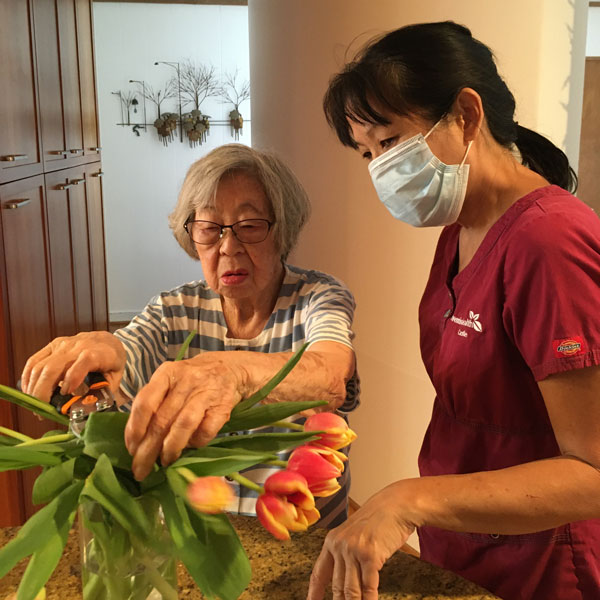
Our Mission is to serve as a catalyst and convener to improve access to high quality palliative care.
Why is expanding access to palliative care so important for Hawai’i?
Current Gap in care in Hawai’i
Right now, in Hawai’i, there is a large gap between the type of care most people with serious illness receive and best care possible. This results in unnecessary suffering and unwanted care when better options for care could be available for our ohana.
Palliative care is best care for people with serious illness.
People of all ages with serious illness often choose palliative care to improve quality of life as much as possible while continuing with their curative treatment. High quality palliative care reduces pain, confusion and fear, as well as fragmentation of care. Best care increases comfort, relief, coordination of care and quality of life.
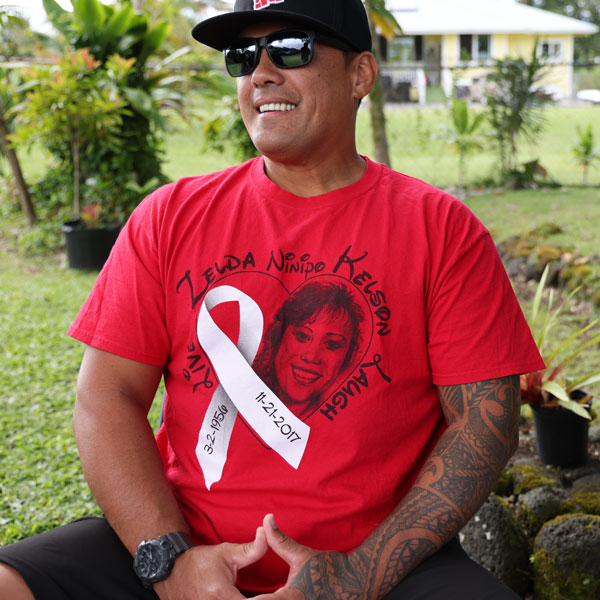
Past Events:
- June 26, 2021 – Virtual Summit hosted by Hui Pohala & Med-QUEST
- The goal of Summit was to review and collect feedback regarding a proposed MedQuest Benefit for palliative care.
- June 23, 2023 – Friends of Hui Pohala Event
- HP hosted an evening of sharing, networking, and learning to support the community. Presentations shared current initiatives with facilitated feedback discussion.





